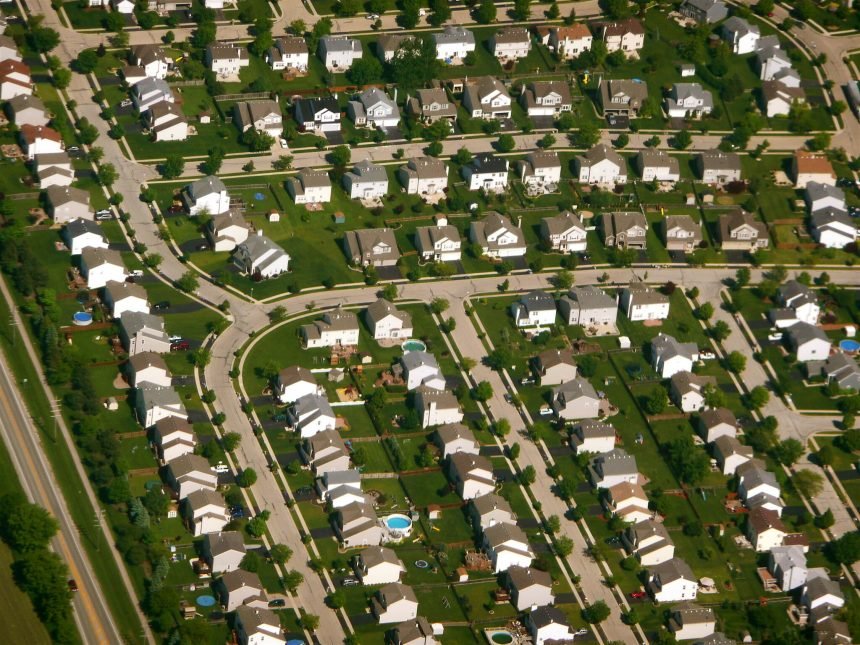Having spent nearly 40 years analyzing and writing about North Carolina politics and public policy, I often find myself placing today’s challenges and controversies into historical context.
For example, did Republican lawmakers just draw the most extreme gerrymander in North Carolina history? When I heard Democrats make that claim last week, then saw it repeatedly endlessly on social media, I couldn’t help but chuckle. Past legislatures run by Democrats produced bizarrely contorted maps in the 1980s, 1990s, and 2000s, only some of which were struck down by state or federal courts.
That’s not a defense of what the GOP-led General Assembly did. It’s merely a reminder that, given the same tools and political incentives, politicians of all parties are susceptible to the same temptations. The patterns are readily discernible across time, across red and blue states alike.
There are, however, some truly novel forces transforming our political process and policy environment. I admit that I’m still trying to wrap my head around them — and that comparisons to past events could be difficult or even misleading.
One of them is how information and communication tools are changing how we work, shop, and travel. The COVID pandemic accelerated their widespread adoption but did not create either the technologies required or public demand for more flexibility and autonomy. Now that many more jobs can be done fully or partly from home, and many more goods and services can be delivered to homes, people are cutting back on daily trips.
From 1945 to 2005, the population of the United States grew by an average of 1.23% a year. During the same period, total vehicle miles traveled (VMT) increased by 4.22% a year, which translates to a nearly 3% annual increase in miles traveled per person. It was a sign of rising affluence. More households and businesses were purchasing vehicles and operating them more often, making longer trips (a rising share of households could afford homes in the suburbs, as well).
From 2005 to 2020, however, VMT per person essentially plateaued. It dropped dramatically during the pandemic, then recovered somewhat, but shows no sign of returning to its 2005 peak. Did people start riding buses or trains instead? Nah. Outside of New York City and a few other dense cities, transit usage represents a trivial share of daily trips and is markedly lower than it was a decade ago.
These developments have implications for infrastructure — we’ll need to add more electricity generation in the future, for example, but not as much highway capacity — as well as for the labor market, family formation, and childrearing. Not all the effects will be benign. We’re already seeing increases in isolation and loneliness. Even routine trips to workplaces, stores, theaters, and restaurants produced opportunities for healthy social interaction. What’s needed, I think, is a reinvigoration of associations within which people can congregate, cooperate, and find meaning, including religious congregations, professional societies, clubs, sports leagues, and artistic spaces.
As for electoral politics itself, another marriage of technological innovations — data science and artificial intelligence — is transforming its practice to something genuinely unprecedented. Rather than communicate with potential voters through news interviews, live speeches, personal canvassing, or broadly distributed advertising, campaigns will increasingly engage the public directly with text or video messages personalized to each voter’s preferences and made interactive with AI.
That is to say, you’ll get pitches to vote for a given candidate that won’t at all resemble the ones received by your neighbor, or even your spouse. These pitches will be voiced by a facsimile of the candidate or a surrogate you admire and capable of answering your questions in real time! You may know intellectually that you aren’t really talking to the celebrity in question, but it’ll still feel that way. The same is true on the negative side: we’ll receive videos purportedly from opposing candidates saying false, vile, or ludicrous things. They’ll be interactive, too.
Are there valid historical analogies for this grave new world?
John Hood is a John Locke Foundation board member. His books Mountain Folk, Forest Folk, and Water Folk combine epic fantasy and American history.










